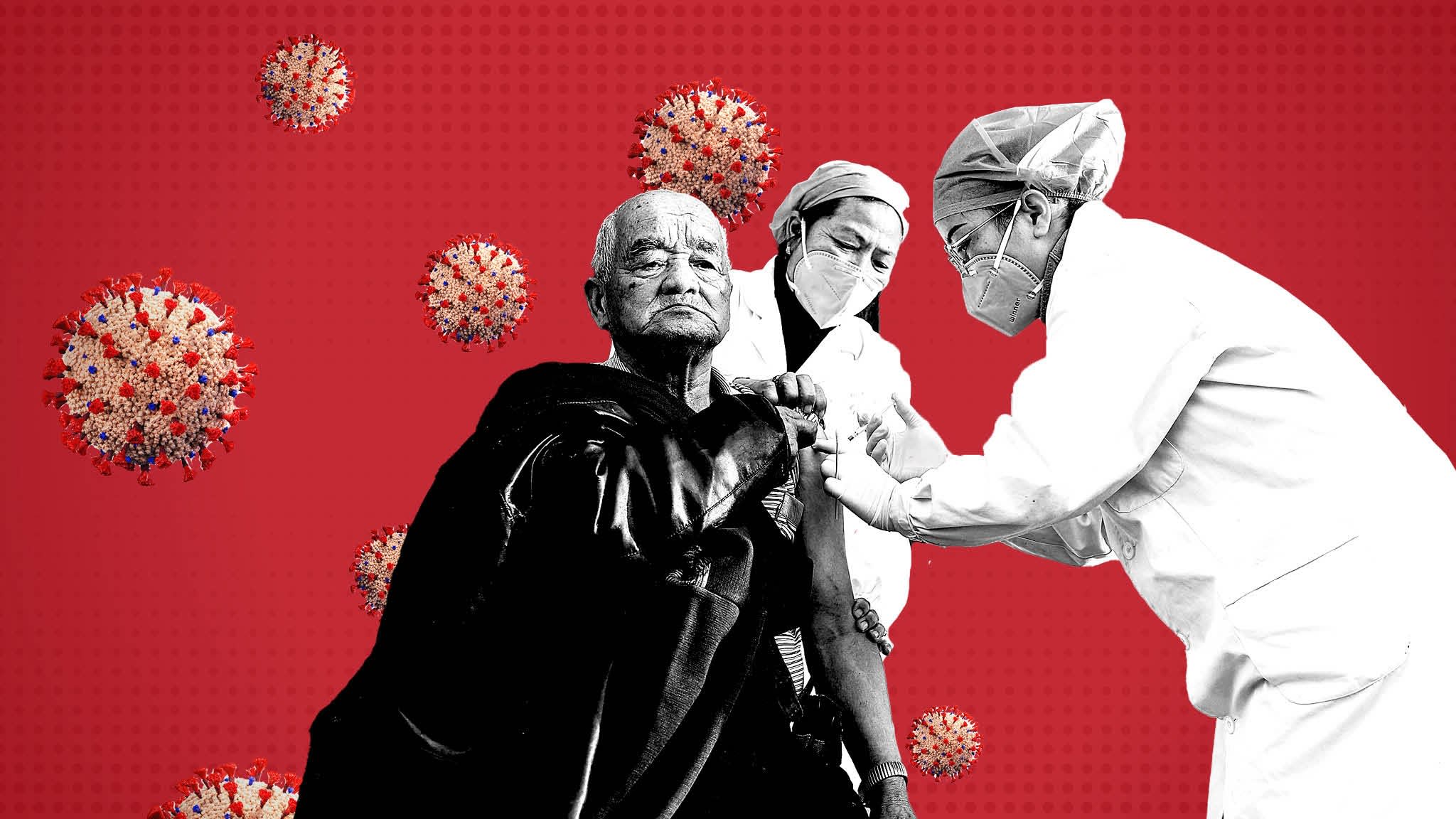‘No 3am moments’: MHRA chief June Raine on race for Covid vaccine
When Dame June Raine, chief executive of the UK medicines agency, found herself at the centre of Britain’s Covid-19 response three years ago, the unremitting pace and pressure held a grim kind of familiarity.
She says it evoked life as a junior doctor more than 40 years earlier, requiring her to draw on similar reserves of “buoyancy” and resilience.

She felt the organisation had a chance to accelerate the way drugs were developed and brought to patients by focusing on the UK’s assets, including a strong science base, and its trove of “real world” data provided by its “cradle-to-grave” public health system.
She is clearly in her element as a regulator and — partly in the interests of persuading talented scientists to view regulation as part of their career path — determined to counter preconceptions that the role simply involves reacting to new scientific developments rather than playing an active role in maximising their potential.
“When we can see something coming, like the digital revolution, like artificial intelligence, for us as regulators it isn’t ‘science drives regulation’, it’s that we can drive science and technology.”
Every new development, such as the prospective advent of cancer vaccines, requires regulators to acquire knowledge and insight to reach the “risk-proportionate” conclusions. Of her staff, many of them scientists and clinicians, she says: “Everyone here is an innovator in their own right.”
Raine describes her own managerial style as “balanced, fair, listening, considerate but with high expectations”, adding firmly: “And they’re met.”
They were qualities needed in abundance during the height of the pandemic. Yet looking back on her time in the crucible of the Covid response, she believes her working life in some ways changed for the better because she was forced to shed anything extraneous to the central mission of battling the pandemic. “It enabled a very relentless focus on . . . one ultimate [purpose].”
And she takes pride in the enduring legacy of the period that she not only lived through, but helped to shape. “The access to those vaccines has saved around 20mn lives worldwide, and if we played a part in that, that’s what life is all about. That singular goal was what made a leadership role absolutely priceless.”
This story originally appeared on: Financial Times - Author:Hannah Kuchler




























